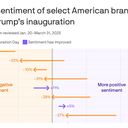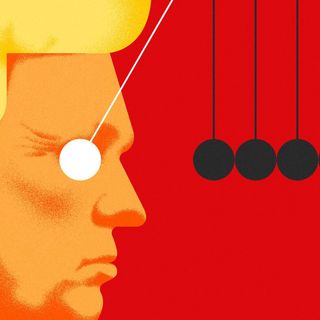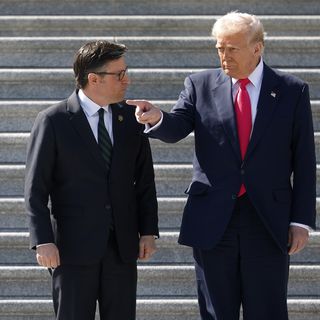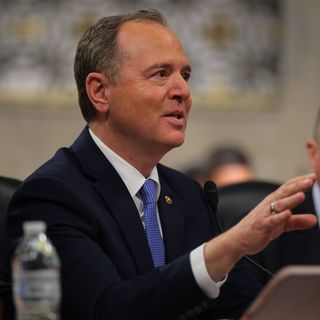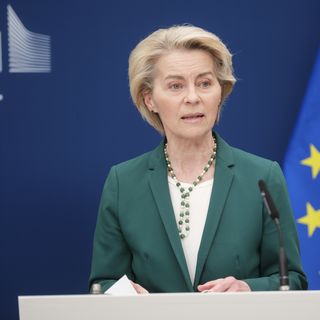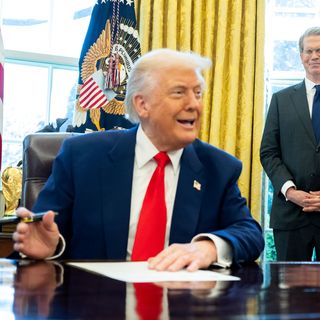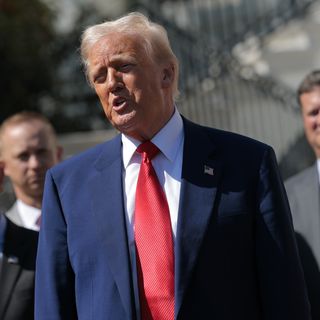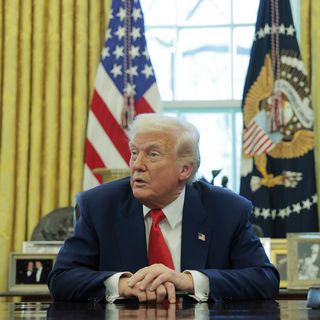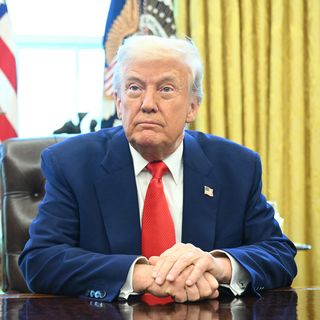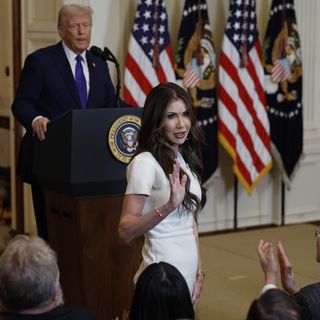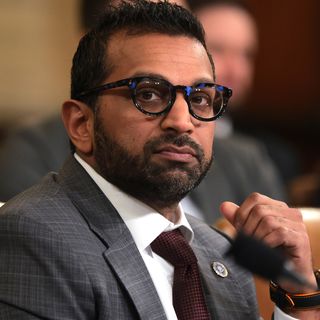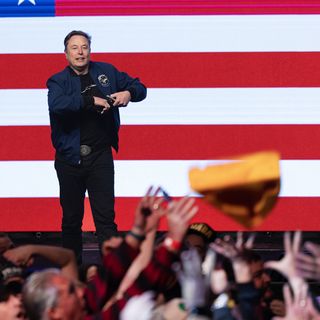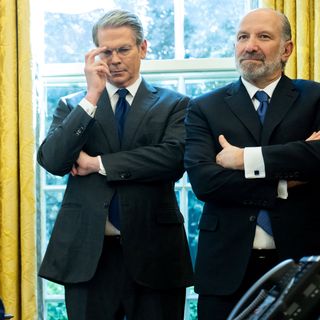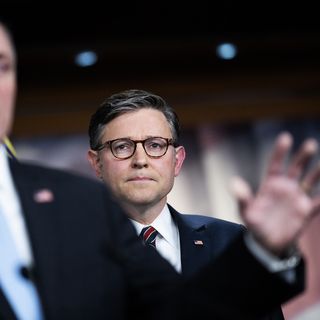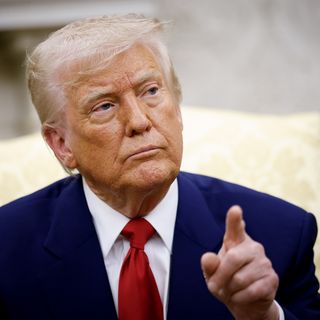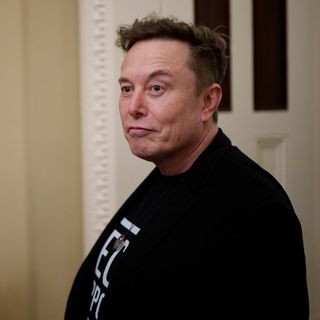What America's top CEOs are saying about Trump's tariffs
While CEOs have stayed mostly mum on tariffs for fear of retribution, earnings season has forced some executives to discuss how Trump's trade policies could affect their businesses.
Why it matters: America's top business leaders are starting to communicate through the uncertainty in anticipation of changing consumer habits and prices.
What they're saying: "It's clearly a fluid environment. And while we don't know everything that's going to happen, of course, we do know what our priorities are, and we know what our purpose is, and we'll be focused on keeping prices as low as we can. We'll be focused on managing our inventory and our expenses well," Walmart CEO Doug McMillon said during an investor presentation on Wednesday.
- "There is increasing consumer uncertainty and concern over returning to more inflation, and this has impacted consumer sentiment, particularly in the last month. ... as many are worried about the future, job security, and rising costs," McCormick chairman, president and CEO Brendan Foley said last month.
- "When it comes to tariffs, that's just another cost in the equation that we have to understand mutually," Home Depot CFO Richard McPhail said at a retail conference on April 3.
- "With broad economic uncertainty around global trade, growth has largely stalled," Delta Air Lines CEO Ed Bastian stated in an earnings release.
Meanwhile, Levi Strauss & Co. president and CEO Michelle Gass is leaning on brand loyalty and reputation to help navigate macroeconomic challenges.
- "As an iconic brand with more than 170 years of history, we've weathered challenging times before," she said in an earnings call this week. "We have a playbook that begins with leveraging the strength of our brand and our deep connection with consumers.
- "We know, especially during times like these, people turn to the brands they know and trust and prioritize value and quality, and that's what Levi's has always stood for. "
Some are simply voicing frustration with Trump's tariff chaos.
- "So look, I think basically that the game has changed and now it's, it kind of doesn't matter where you go, I mean, except America," RH chairman and CEO Gary Friedman said on an earnings call right after Trump's tariff announcement on April 2.
- "Tariff is not a beautiful word. I disagree with that — we are in a global economy. ... You cannot apply this type of gridlock and this much friction to the world's trade," Life Time Group Holdings CEO Bahram Akradi said in an interview with The Wall Street Journal.
- "These tariffs are turning me in to a dem," GameStop CEO Ryan Cohen quipped on X.
Zoom in: Internally, executives are highlighting the steps they took in advance to prepare for tariffs.
- Some have formed task forces, while others have opted for all-staff meetings to provide real-time updates and address employee questions.
Of note, privately held companies and nonprofits are choosing to stay quiet.
- "Some say that it's too soon to fully understand the ramifications, so they're holding on communicating until there's more clarity on what's happening and how it affects their organization," says Shallot Communications co-founder Tim Granholm.
What to watch: How business leaders communicate — and who they blame — should a recession take shape.
- "Most CEOs I talk to would say we are probably in a recession right now," BlackRock CEO Larry Fink said during a lunchtime appearance at the Economic Club of New York on Monday, according to Bloomberg.
More on Axios:



